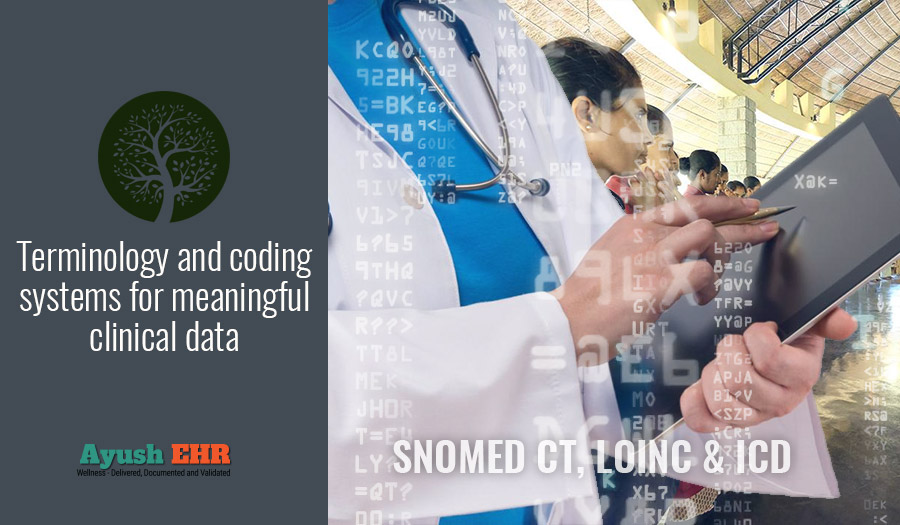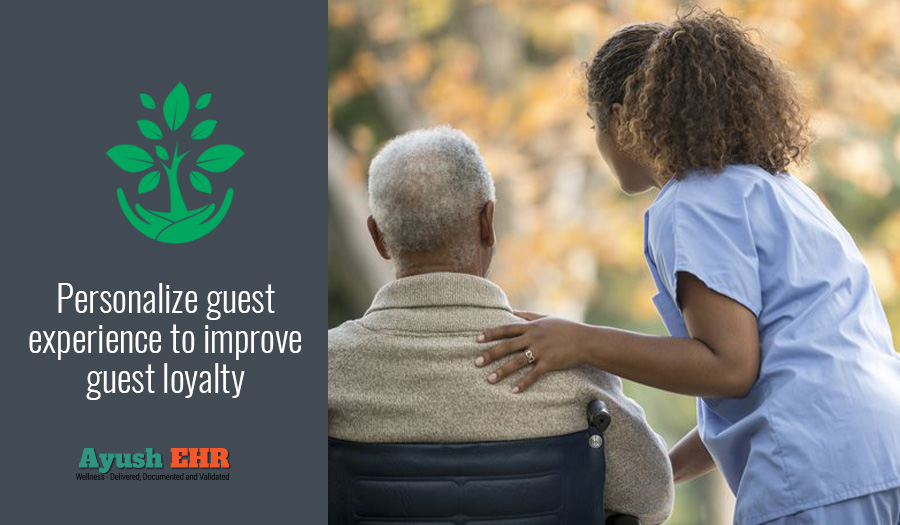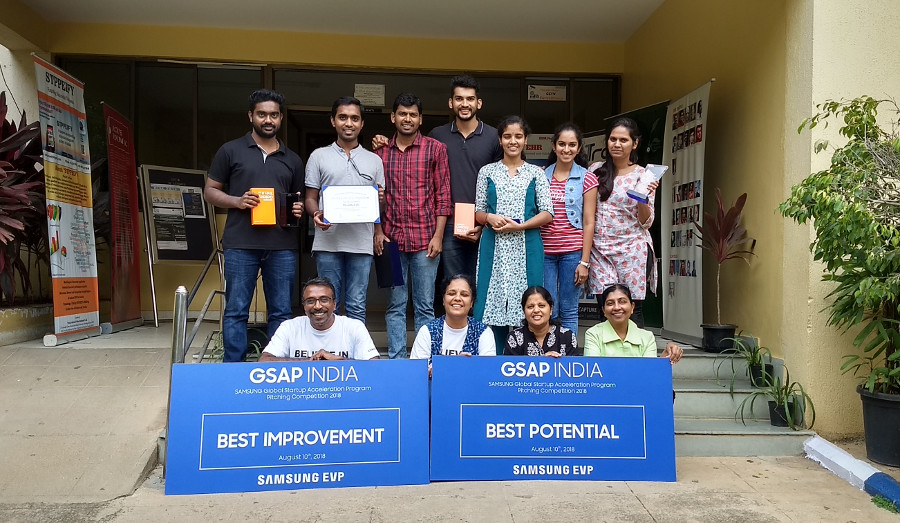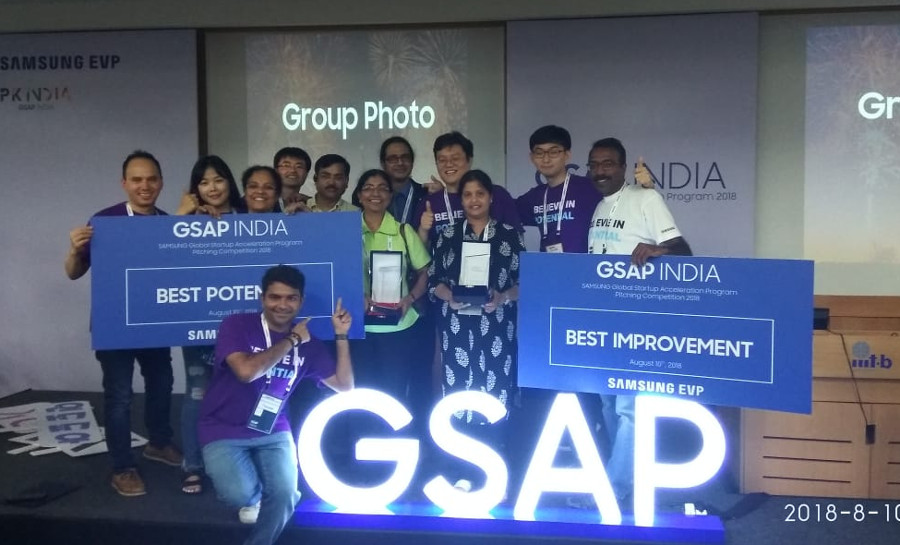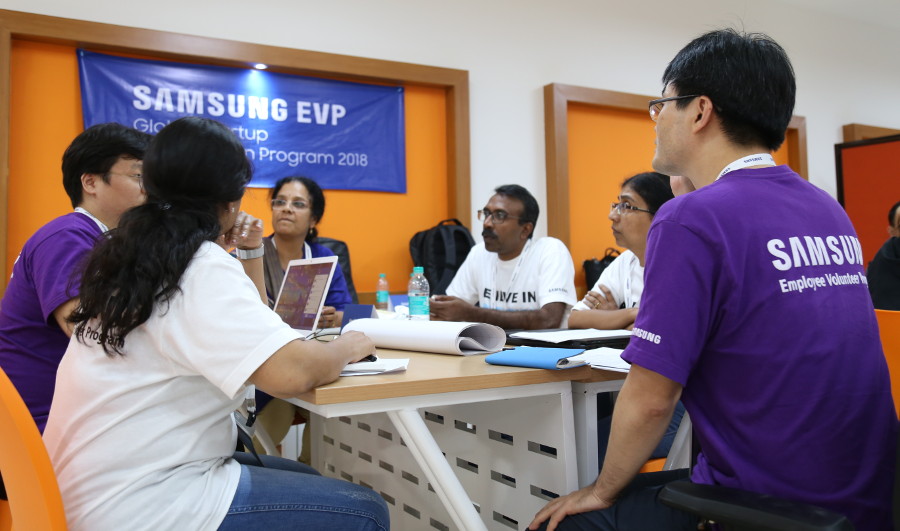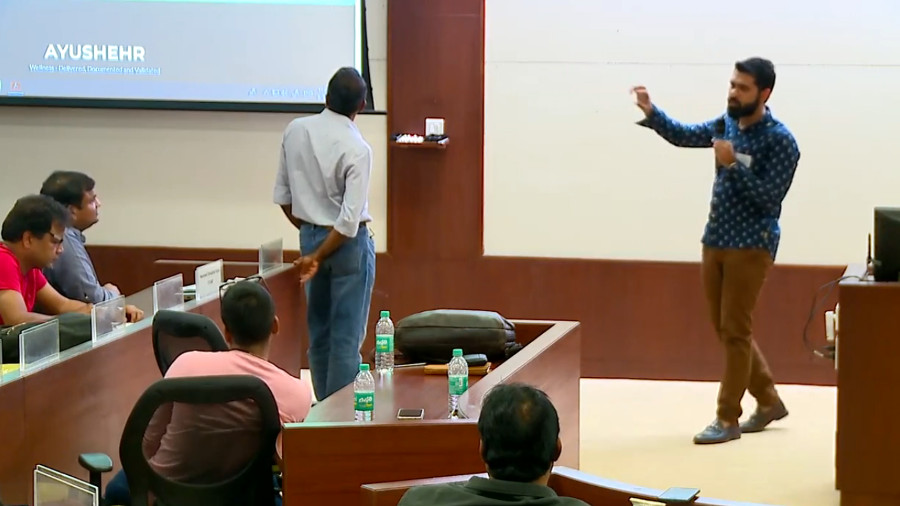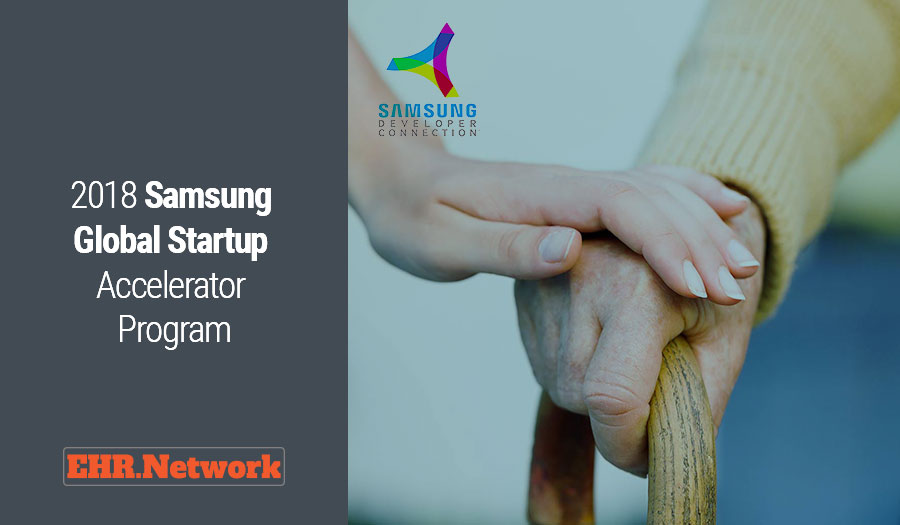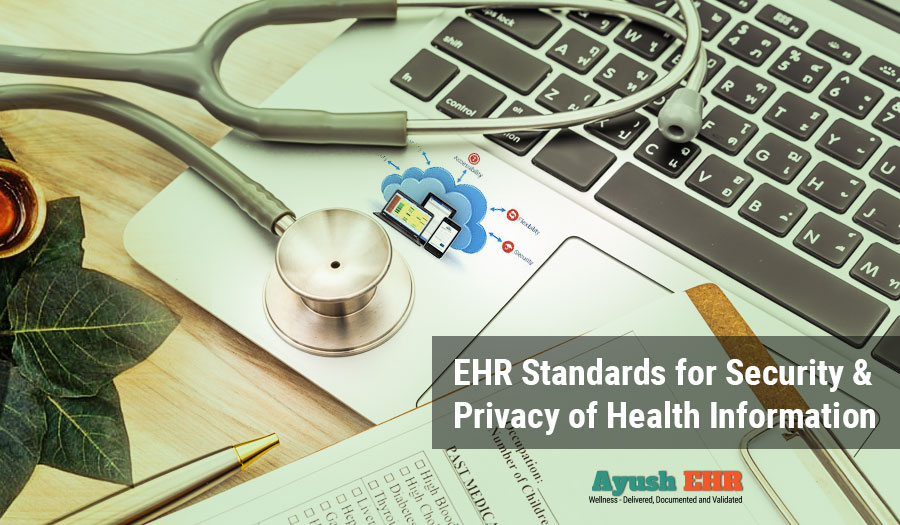On part 4 of our Indian EHR standards series, we shed light on how the implementation of standardized information model would foster interoperability of data. Considering the diversity in health record systems, it would turn out to be tedious to attain semantic interoperability if there were no uniting terminology or coding systems standards in place. The absence of them would make the data captured ambiguous and open ended. Besides, it would also become difficult to automate processes and ensure that the data that is captured and stored is perpetually analyzable. That is one of the major reasons why terminology and coding standards are inevitable to attain meaningful clinical data.
In light of the above, any modern health record system should meet the following standards:
IHTSDO – SNOMED CT
The SNOMED CT or the SNOMED Clinical Terminology is the primary terminology library that India has adopted as part of it’s EHR standards. All electronic health records systems are expected to implement the SNOMED CT as their internal coding system to make the clinical data computable and interoperable. This clinical terminology includes all classes of clinically relevant terminologies including nursing, dental, drugs and substance related information. SNOMED CT should be used not just for transmitting clinical information to other health record systems but also for internal data capture, information storage and analysis as well.
Regenstrief Institute: Logical Observation Identifiers Names and Codes or LOINC
This code for Test Measurement and Observation, includes codes related to standardization of laboratory and imaging tests. They help in machine communication between diagnostic equipments and Clinical information systems, both for orders and results.
As pe the Indian EHR standards, at the point of data gathering SNOMED CT is recommended and the terms are transformed into respective LOINC for communication with diagnostic equipment. This enables effective internal data analysis as well us seamless communication with external systems.
WHO Classification Codes
World Health Organization(WHO) family of International classifications are used in statistical analysis and reporting of populations and public health analysis. They help analyze overall health trends in large populations such as a country and ethnicity. These codes are hierarchical in nature are not suitable for live data analysis in relation to real world situations.
These includes classification codes as follows:
- ICD 10 – International Classification of Diseases and other derivative classifications
- ICD 9 PCS – List of procedure codes
- ICF – International Classification of Functioning, Disability and Health
- ICHI – International Classification of Health Interventions
- ICD-O – International Classification of Diseases for Oncology
In practical use, it is recommended that the data should always be gathered using SNOMED CT for finer granularity and flexibility in analysis. Later the data can be converted to the appropriate coding system appropriate mappings.
In summary, health records system are to use SNOMED CT for terminology and WHO family of codes for classification reports. The classification-based reports for regulatory purposes are to use WHO FIC codes as dictated by research bodies, intelligence or any health regulatory body.
So it is important to ensure that the EHR system that you are evaluating incorporates these coding systems for making the data semantically rich and computable. The person centric EHR platform form Healthelife – EHR.Network – supports all coding systems as per EHR standards. It also provides a built in terminology server for use by application while gathering clinical data.
To know more about EHR.Network, please contact us.
